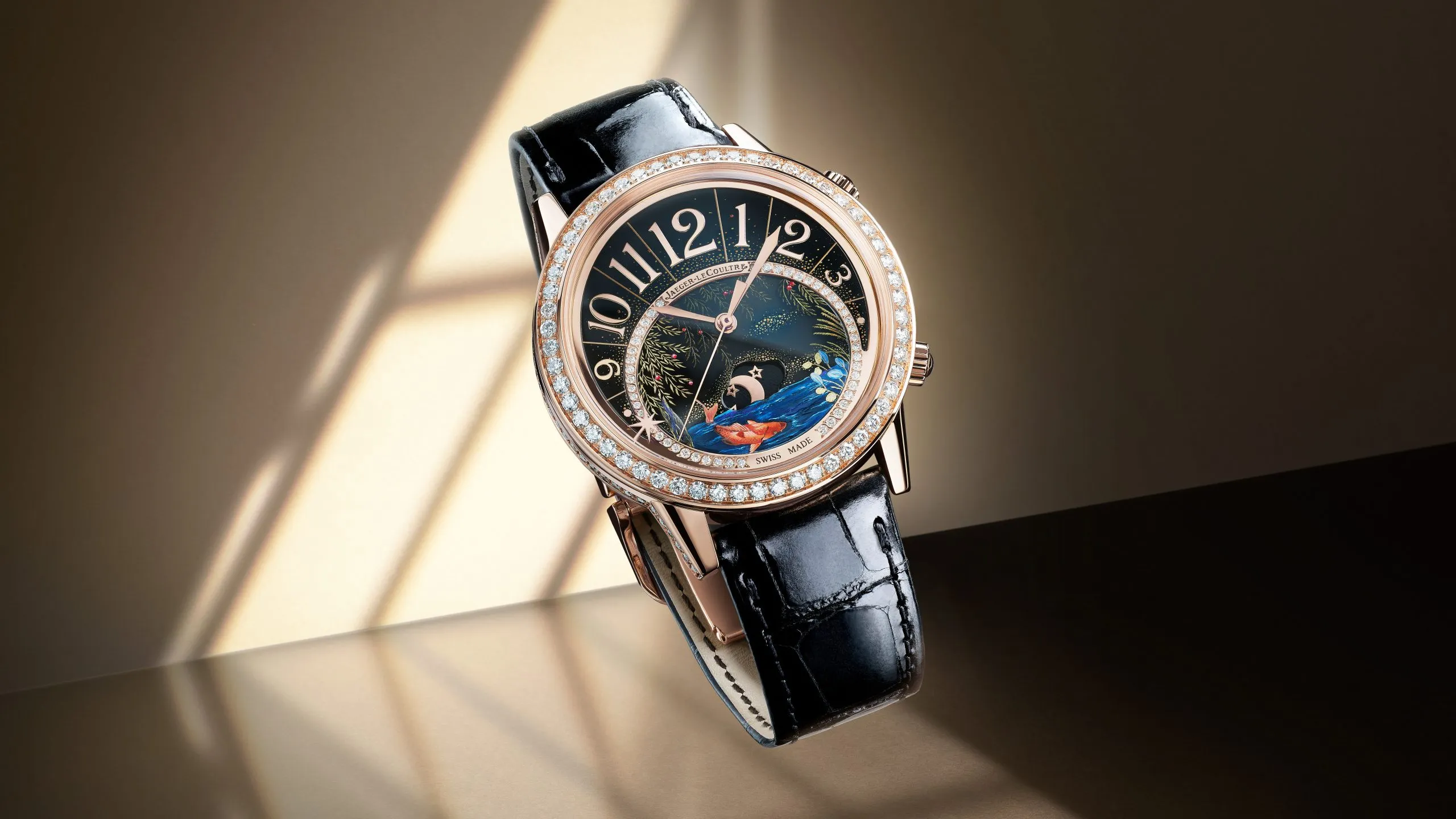Hair care is a vital part of personal grooming, essential for appearance and overall health. A well-crafted hair care routine can enhance hair texture, strength, and appeal. This guide offers practical tips to address common hair concerns and optimize hair health with informed product choices and practices.
Picking the Perfect Hair Products
Choosing the right shampoo and conditioner depends on your hair type and scalp condition. When selecting products, it’s important to avoid ingredients that can be harmful, such as sulfates, parabens, silicones, and drying alcohols. These substances can strip hair of natural oils, disrupt hormonal balance, cause buildup, and lead to dryness.
To maintain healthy and resilient hair, look for products that include moisturizing agents like glycerin and aloe vera, proteins such as hydrolyzed keratin, natural oils like argan or coconut oil, and botanical extracts like chamomile or rosemary.
If you’re concerned about hair loss, focus on nutritional support and stress management. Incorporating biotin, iron, and omega-3 fatty acids into your diet, along with regular exercise and mindfulness, can reduce stress-induced hair loss. For long-term solutions, it’s important to understand the cost of hair transplant procedures as the best course of action.
When selecting hair care products, it’s essential to consider the unique needs of different hair types. Here are specific recommendations for various hair types:
- Oily hair: Benefits from lightweight, clarifying shampoos with tea tree oil.
- Dry or damaged hair: Thrives on hydrating formulas enriched with shea butter and argan oil.
- Color-treated hair: Needs sulfate-free products with UV filters to protect and maintain vibrant color.
- Curly or textured hair: Is best served by rich, moisturizing ingredients that enhance curl definition and manageability.
Maintaining a balanced pH level in your shampoo and conditioner is also crucial. A balanced pH keeps the cuticle layer smooth, reducing frizz and enhancing shine, contributing to healthier-looking hair.
| Note: Lifestyle habits like sleep, stress management, and diet play a crucial role in hair health. Focusing on rest and a nutrient-rich diet can improve hair strength and appearance. |
Are Natural or Organic Products Worth It?
The debate over natural and organic products versus conventional ones is common in the beauty industry. Some benefits of natural and organic products include:
- Reduced Chemical Exposure: These products typically avoid synthetic chemicals, making them gentler on your scalp and hair.
- Environmental Impact: Organic farming and production processes are more sustainable, contributing to a lower carbon footprint.
- Nutrient-Rich Formulas: Higher concentrations of vitamins and essential oils nourish and strengthen hair.
However, there are potential drawbacks to consider. Natural and organic products can be more expensive due to the higher cost of sourcing and processing organic ingredients, as well as the certification process.
Additionally, these products may have a shorter shelf life because they lack synthetic preservatives. While they offer many benefits, it’s essential to weigh these against the higher costs and potential limitations in product effectiveness and longevity.
Best Practices for Hair Care
The frequency of washing your hair depends largely on your hair type. When washing your hair, remember that:
- Oily Hair: Wash every 1-2 days to manage sebum production.
- Dry Hair: Wash every 3-4 days to avoid stripping natural oils.
- Normal Hair: Wash every 2-3 days for balance.
Proper hair-drying techniques are essential for maintaining the health of your hair. When drying your hair, keep these tips in mind:
- Towel Drying: Use a microfiber towel to gently blot your hair, avoiding frizz and breakage.
- Air Drying: Detangle with a wide-tooth comb and apply leave-in conditioner.
- Blow Drying: Always use a heat protectant, choose the lowest effective heat setting, and keep the dryer moving to avoid damage.
Protecting Your Hair from Heat Damage
Heat styling can damage hair, but you can minimize the risk by taking proper precautions. Using heat protectants with silicone or protein-based formulas creates a barrier that shields hair from high temperatures.
It’s crucial to use the appropriate temperature settings for your hair type, lower temperatures for fine or damaged hair, and limit heat styling to once or twice a week.
Solving Common Hair Problems
Dandruff, a common scalp issue, can be managed with specialized shampoos containing zinc pyrithione or ketoconazole. In addition, home remedies such as tea tree oil and apple cider vinegar can reduce fungal growth and balance scalp pH, relieving dandruff symptoms.
Split ends are best prevented through regular trims every six to eight weeks, which help keep them from worsening.
Hydration is key, so deep conditioning treatments that include keratin or natural oils effectively nourish and strengthen hair, reducing the likelihood of split ends.
| Note: A healthy scalp is the foundation for strong, vibrant hair, so regular scalp care, including exfoliation and maintenance of pH balance, is crucial. Incorporate nourishing oils and gentle scalp massages to promote better circulation and overall hair health. |
Essential Tools for Styling
To achieve the perfect hairstyle, having the right tools is essential. A high-quality hair dryer with ionic technology and multiple heat settings is indispensable for efficient and effective drying.
Different brushes and combs serve various functions: round brushes are ideal for creating volume, paddle brushes smooth and straighten hair, and wide-tooth combs detangle without causing breakage.
Maintaining Healthy Hair
A balanced diet plays a crucial role in maintaining healthy hair. If you want to maintain your hair healthy, consume the following:
- Proteins: Essential for growth and repair, found in meats, dairy, and legumes.
- Vitamins: Vitamins A, C, D, and E support scalp health and prevent damage.
- Minerals: Iron and zinc are vital for strong, resilient hair.
- Omega-3 Fatty Acids: Found in fish and nuts, they add shine and thickness.
Regular hair treatments, such as deep conditioning and protein treatments, are also key to keeping your hair strong and manageable. Deep conditioning hydrates and improves elasticity, while protein treatments reinforce the hair structure, reducing breakage and promoting healthier hair.
In conclusion
Transforming your beauty routine with effective hair care practices involves selecting the right products tailored to your hair type, adhering to best practices for washing and drying, addressing common hair issues with targeted treatments, and employing proper styling techniques.




